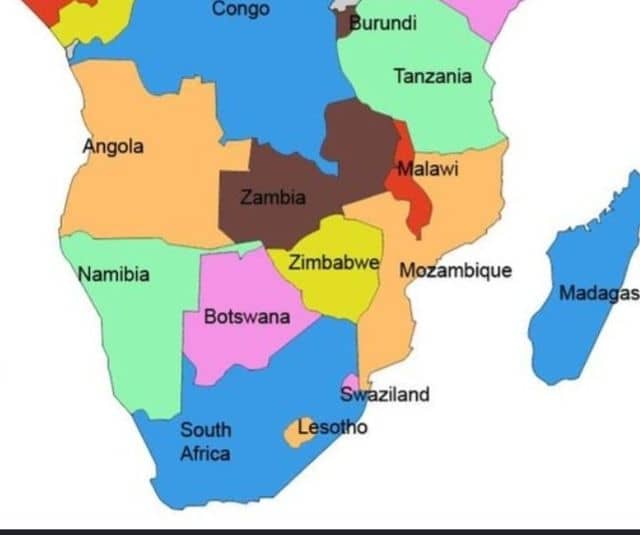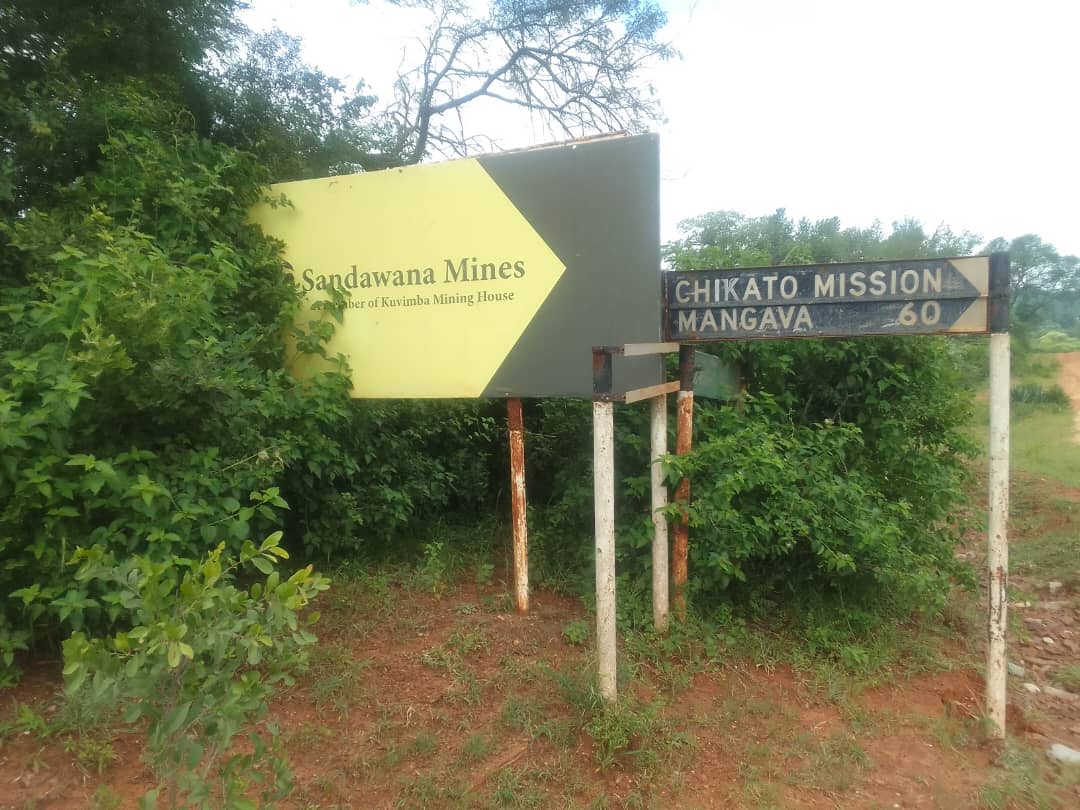EnviroPress Reporter
The SADC Regional Indicative Strategic Development Plan (RISDP 2020-2030) would be successful if member states commit themselves to transparent, accountable and efficient use of public resources, it has been stated.
These sentiments came out during the Non-State Actors (NSA) dialogue organised by the Action Aid and Partnership for Social Accountability in cooperation with the 16 conveners of the dialogue.
The dialogue was held in Harare from 14 to 15 August, 2024, under the theme ‘Strengthening social accountability in public resource management for sustained economic growth and development in Southern Africa’.
In his presentation, Action Aid Executive Director Joy Mabenge said emphasized the importance of transparent planning and oversight which involves civil society in the deployment of public resources.
“Social accountability is at the heart of good and effective governance, and the provision of gender-responsive public services at all levels. The participation of civil society in planning, budgeting, and oversight processes is critical at all levels. Recognising the linkages between each makes our work even more impactful and relevant,” said Mabenge.
He lamented the ballooning public debt that continues to suffocate the majority of SADC countries, saying this could be addresses by improving accountability in the management of resources financial resources generated by member countries.
“We are faced with a deepening public debt, triggered by repeated climate-change-induced disasters such as the El Nino-induced drought currently affecting Zimbabwe, Zambia, and Malawi. This, alongside sustained inflation in fuel, fertilizer and food prices following the COVID-19 pandemic and ongoing war in Ukraine, has led many of our countries to reprioritise budgets away from vital social services and even rely further on international aid and external credit,” he said.
Mabenge applauded efforts by the SADC Secretariat to broaden civil society’s role in policy and decision-making processes, and commented the approval of the SADC NSA Engagement Mechanism.
SADC Senior Programme Officer, Monitoring, Evaluation and Reporting Unit; Lerato Moleko endorsed the critical role played by civil society organization (CSOs) in supporting and monitoring the implementation of the RISDP.
“You bring valuable expertise, grassroots connections, and the ability to hold governments to account. This dialogue provides an important platform for enhancing your understanding of the RISDP and for you to contribute your insights on its progress,” said Moleko.
She said challenges remained in such areas as health financing, youth employment, and climate change adaptation.
“More pressing is the need to operationalise the Regional Development Fund and Agricultural Development Fund. Your input during this dialogue is crucial as we work to accelerate progress in these areas,” Moleko added.
Southern and Eastern Africa Trade Information and Negotiations Institute (SEATINI) Coordinator Rangarirai Machemedze said there were many growth factors that SADC member states could exploit to improve outcomes of RISDP 2020-2030.
“Leveraging on the youth dividend, gender equality, natural resource management and the stable and peaceful environment, SADC can strengthen regional institutions and frameworks and focus on priority areas.
“There is a need to conduct joint conflict analysis and planning to coordinate peace, security, and development efforts,” said Machemedze said.
He said high-level political will was required to ensure accountability and the maintenance of momentum in the regional integration processes.
RISDP 2020-2030 and SADC Vision 2050 are two strategic plans that seek to further deepen Southern Africa regional integration and foster development.
The two strategic plans were approved by the 40th Ordinary SADC Summit in Maputo, Mozambique in 2020.








